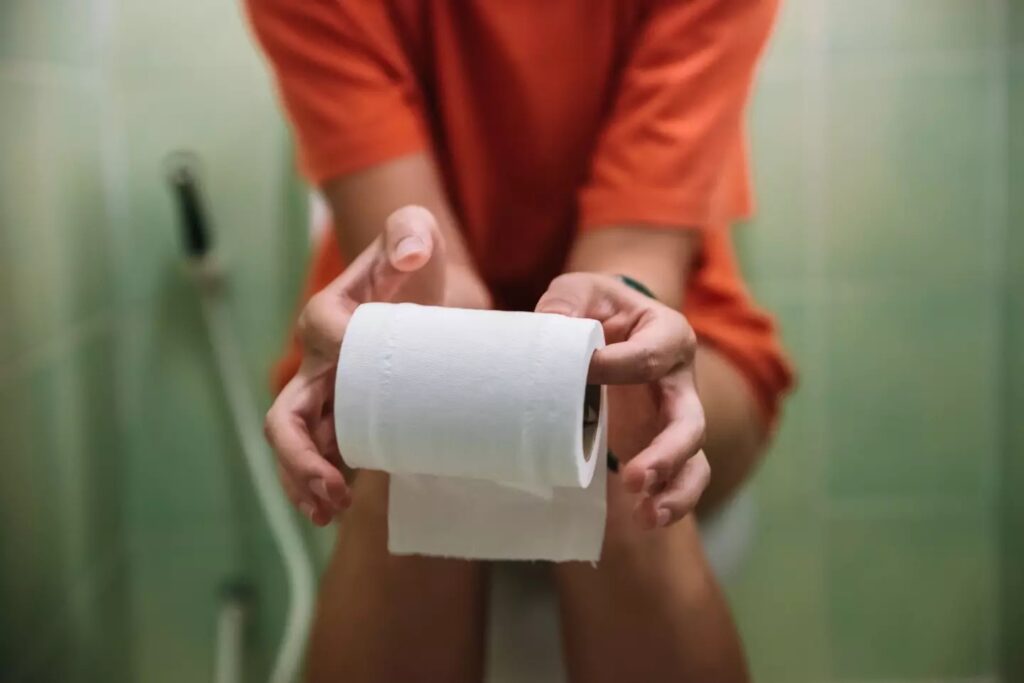There is a simple principle to keep in mind regarding urination. Among the many methods for maintaining our health, this technique helps you monitor your bladder health. While urine can indicate health problems like the presence of blood or cloudiness, this method focuses on the duration of urination, not its appearance.
This guideline stems from a study by mechanical engineering students at the Georgia Institute of Technology. They analyzed high-speed videos of different-sized animals urinating and formulated ‘The Law of Urination’.
The investigation revealed that animals weighing more than three kilograms (6.6 pounds) generally take about 21 seconds to completely empty their bladders, while smaller animals like rats do so almost instantly. The study concluded that the time it takes to urinate is influenced by both bladder pressure and gravity, as reported by IFL Science. In their 2014 paper, the researchers explained, “The mystery of how a 0.5 kg animal and a 100 kg animal can empty their bladders in the same time frame is explained by the longer urethras in larger animals, which experience a stronger gravitational pull, increasing flow rate and allowing them to evacuate their larger bladders quickly.”
For humans, this research offers a general guideline for urination duration. Ideally, aiming for around 21 seconds is optimal; significantly longer or shorter times might suggest either frequent urination or excessive delay in voiding.

Frequent urination may indicate an ‘overactive bladder,’ while delaying urination can result in urinary tract infections (UTIs). Not going to the bathroom frequently enough can also increase the risk of kidney disease, cause bladder enlargement, or even lead to bladder ruptures. Urologist Nicole Eisenbrown notes that a typical urination should last about 21 seconds and suggests that urinating roughly eight times a day is normal for someone who drinks eight cups of water.
